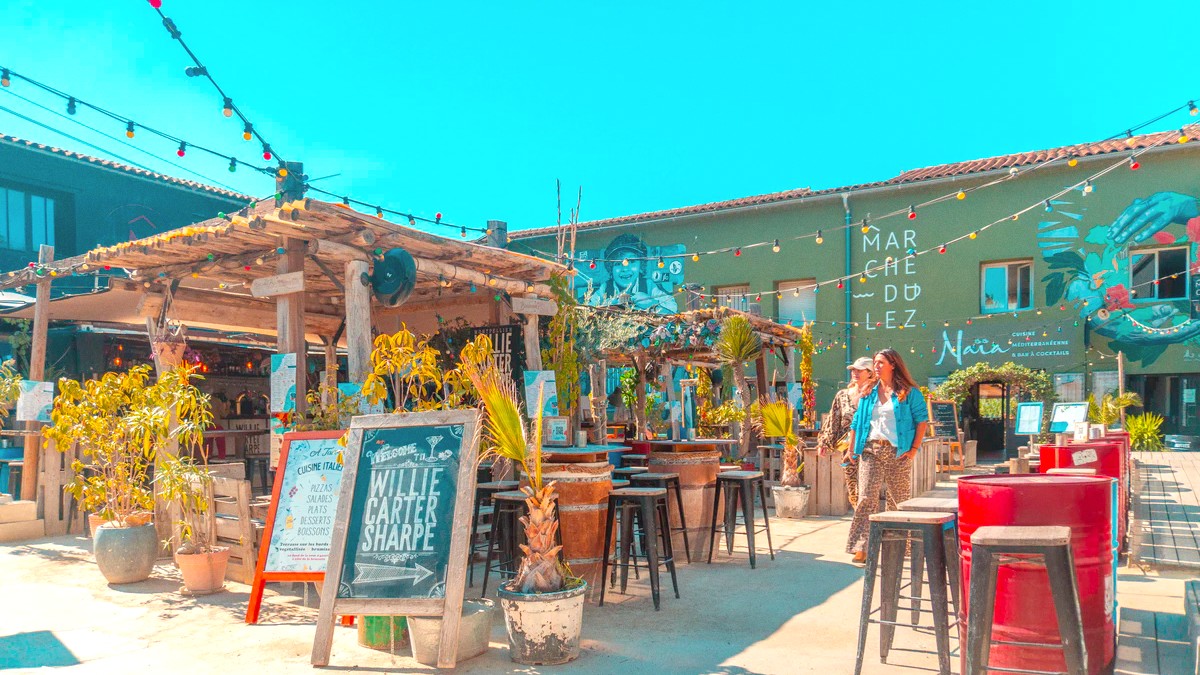
Languedoc Roussillon, France
The Languedoc-Roussillon region has several protected areas like Camargue and Grands Causses, and coastal conservation zones.
France has a robust recycling system with public bins separating waste into categories. Follow labels for proper disposal.
The Mediterranean region faces water stress. Be mindful of your water usage by taking shorter showers and reusing towels.
Your environmental footprint can be reduced through conscious choices.
Directly support local and regional conservation efforts.
Simple daily actions reduce your environmental impact.
Choose methods that lower your carbon footprint.
Select businesses committed to sustainability.
Seek out products from certified fair trade sources.
Be aware of unethical tour operators or practices, like those exploiting local labor or animals. Research tours to align with responsible tourism principles.
Your travel choices directly influence the local economy and cultural preservation.
Respectful interaction strengthens cultural ties.
Consider privacy and permissions when capturing images.
Support efforts that keep Montpellier's heritage alive.
Your financial choices have a direct local impact.
Ensure your actions contribute positively.
Look for products from certified fair trade sources.
Research tours and activities to confirm they align with responsible tourism principles and avoid exploitation of labor or animals.
Donate through established and reputable local charities instead of giving directly to beggars. This helps your contribution reach those in need effectively.